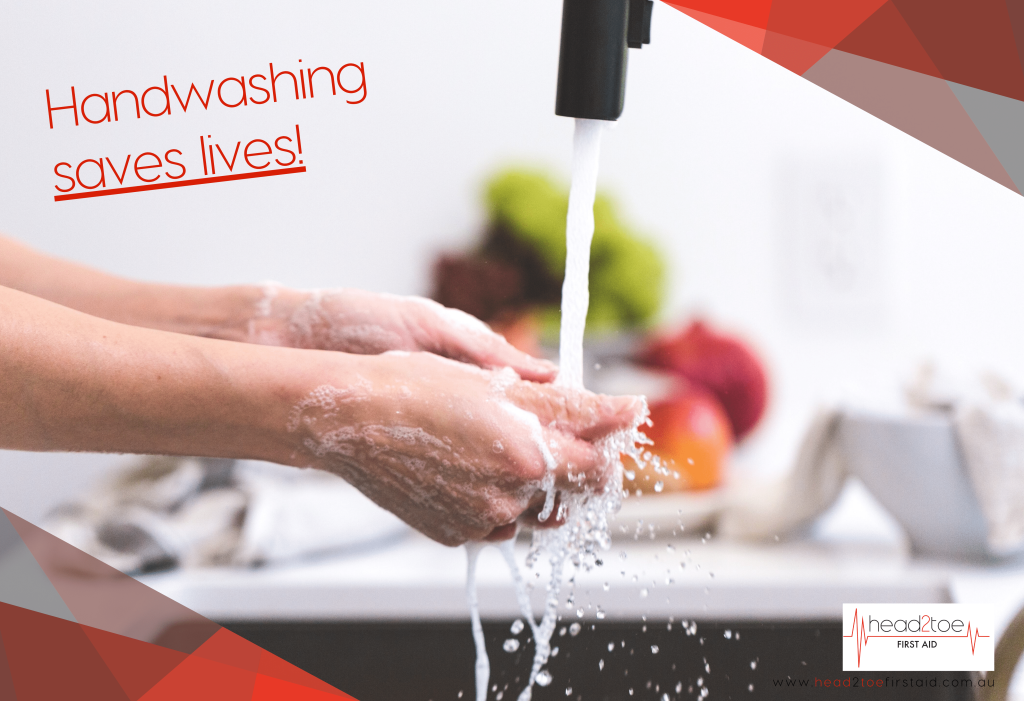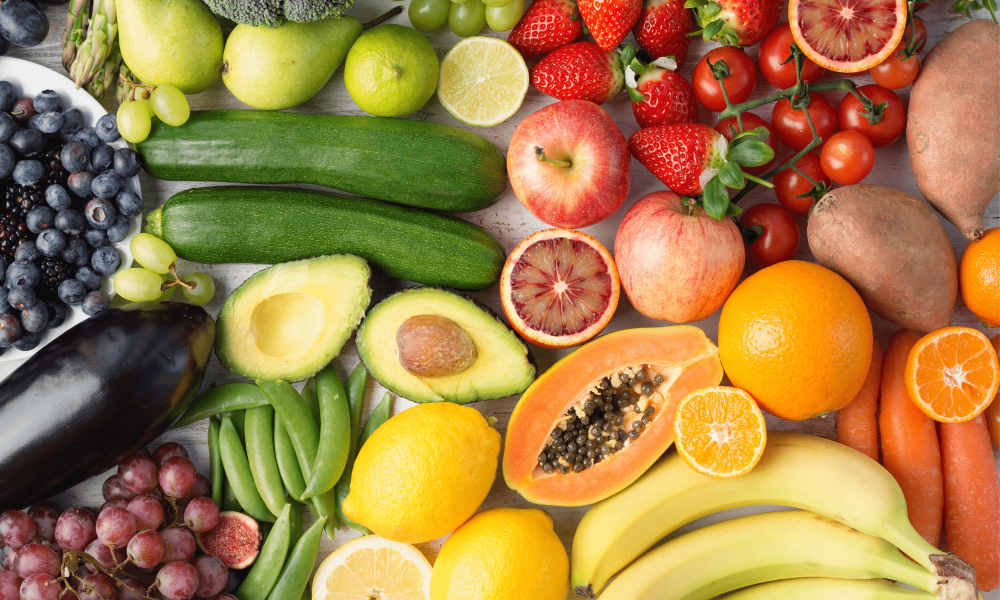
Fundamentals Save Lives in COVID-19 & Beyond
I’ve been amazed at how washing your hands ‘properly’ for 20 seconds has come as news to a lot of people! Because as a Nurse, handwashing is the absolute foundation of our work and of infection control.
I still remember my first day in the demo ward at Uni. I proudly went up the elevator in my brand new uniform excited about what life-saving skills I would learn.
I was a bit deflated when I discovered we’d be spending 2 HOURS on how to wash your hands. How unexciting!!!
But now I realise it is the fundamentals that save lives.
Good hand hygiene can stop germs from spreading. Good hand hygiene can protect the vulnerable and DOES save lives.
And, not only will it do so throughout the COVID-19 pandemic, but these practices will continue to serve us well into the future.
As well as scrubbing up on handwashing techniques (pun very much intended!), in this article we’re also going to cover off why self-care is so incredibly valuable every single day.
Because what’s also become amplified in this worldwide crisis, is the need to check-in regularly on the state of your health. Not only does good mental health play a vital role in keeping your immune system strong, but helps you ride the rollercoaster of life. And of course, we also want to take great care of ourselves physically, to stay healthy & strong.
The Best Way to Wash Your Hands
Good old soap & water as well as an effective technique is what’s required for the mechanical removal of germs from all surfaces of your hands. And, as has been promoted widely at the moment, you want to wash your hands for 20 SECONDS at least.
Do you know what the most commonly missed areas are?
- Between fingers,
- Ends of fingers,
- Around nails,
- Base of thumb, and
- Your Wrists.
If you watch this quick video, you’ll see how you can efficiently target all of those areas.
Also, remember that DRYING your hands well is also very important!
Germs love damp skin and the friction of drying your hands is a backup to removing any leftover germs. A last tip is to remove jewellery if you can to make sure no area is missed and everywhere is dry.
An alcohol hand wash or hand sanitiser is a good alternative and can minimise dermatitis. However, again it needs to come in contact with all hand surfaces and be left to dry. It’s not appropriate to use if hands are visibly soiled and has limited use against some gastro bugs.
So, WHEN do we wash our hands?
At the moment, we’re being recommended to be hyper-vigilant about handwashing throughout the day.
But as a general rule, it’s a great idea to wash your hands before eating, after going to the toilet, after touching animals, before cooking, when they are dirty, after playing, if you’ve coughed or sneezed into your hand, after blowing your nose and any other time you think they need a good wash!
Here’s another video which is an excellent way of explaining to kids especially why we want to cover all areas on our hands to blast those germs.
Now…why Sneeze into your Elbow?
Ok, so as well as showing why you want to thoroughly wash your hands to remove germs, let’s also make it clear why you don’t want to use your hands to CATCH germs!
When we cough and sneeze, tiny drops of germs fly into the air up to 4m. Yuck!
So yes, this is exactly why our health authorities are currently so hot on telling you to sneeze into your elbow. Rather than an open hand, a hanky or a tissue.
While it’s a bit gross, this video below makes it so clear why the elbow is the winner!
As Jamie puts it so well “It’s all on my arm & not on my hand, so I’m less likely to spread it around.”
Remember – if you need to sneeze, use your elbow!
Make Self-care a Priority
Now let’s talk about your health for a moment – both mental and physical.
With so much rapid change and uncertainty around at the moment during the COVID-19 pandemic, there are many among us who are feeling vulnerable, anxious, emotional, flat, angry, depressed and the list goes on.
I understand because I am feeling many of those things too. I think it is so important to acknowledge those feelings and actively put steps into place to manage them.
We also need to take great care of our physical bodies, particularly throughout the cooler months of the year.
Here are my top tips for taking care of yourself:
- Move your body: garden, do yoga, go for a walk, run, dance around the house
- Eat a rainbow! Make sure you’re eating a range of nutritious foods so that you’re getting all that your body needs.
- Get outside, breathe in the fresh air and soak up some Vitamin D.
- Build a new routine for yourself, routine is so important when things feel uncertain and can bring a sense of purpose and security
- Do something everyday that brings a smile to your face, something just for you.
- Reach out to family and friends to make sure you are still connecting with people, ask them how they are and share with them your feelings
- Don’t live on social media. Whilst it has some great info, it can breed hysteria and increase feelings if anxiety. In fact take a full day (or longer) break from it sometimes!!
- Be kind to yourself. Lower or let go of expectations when you need to.
- And, don’t be afraid or ashamed to seek help. There are so many fabulous resources available and it’s so important to make use of them.

Now, let’s keep this up!
In some ways, I wondered about posting this because of how much attention handwashing has been given during the COVID-19 pandemic.
But I have, because this information isn’t just relevant to the unchartered waters we’re in right now. Proper handwashing will help stop the spread of germs for years to come. It’s a basic element of hygiene that helps us look after ourselves, our friends, our family and the vulnerable people in our lives.
And as for our own mental & physical health – if we’re not caring for ourselves throughout all of the chapters of life, what are we doing?! This is why self-care truly is timeless, not just a fad or a buzzword.
Stay safe. Stay Healthy.
This article was written for information and education purposes only and is not intended to be a substitute for professional medical advice, diagnosis, or treatment. Always seek the advice of your physician or other qualified health provider with any questions you may have regarding a medical condition. Never disregard professional medical advice or delay seeking it because of something you have read in this article.
